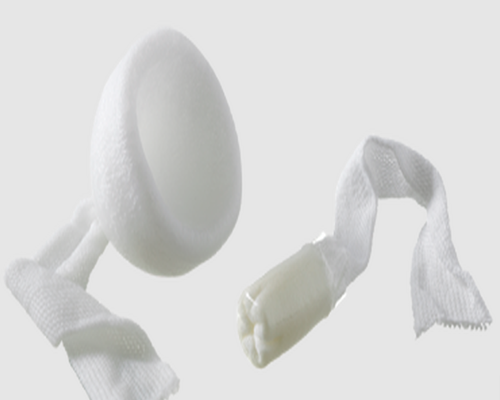
What is Glucerna Powder?
Managing diabetes and maintaining a balanced diet can be challenging, but Glucerna Powder offers a practical solution. Designed specifically for individuals looking to control their blood sugar levels while still enjoying nutritious meals, Glucerna provides a carefully formulated blend of proteins, healthy fats, and low-glycemic carbohydrates. Whether you’re seeking a convenient meal replacement or a…













